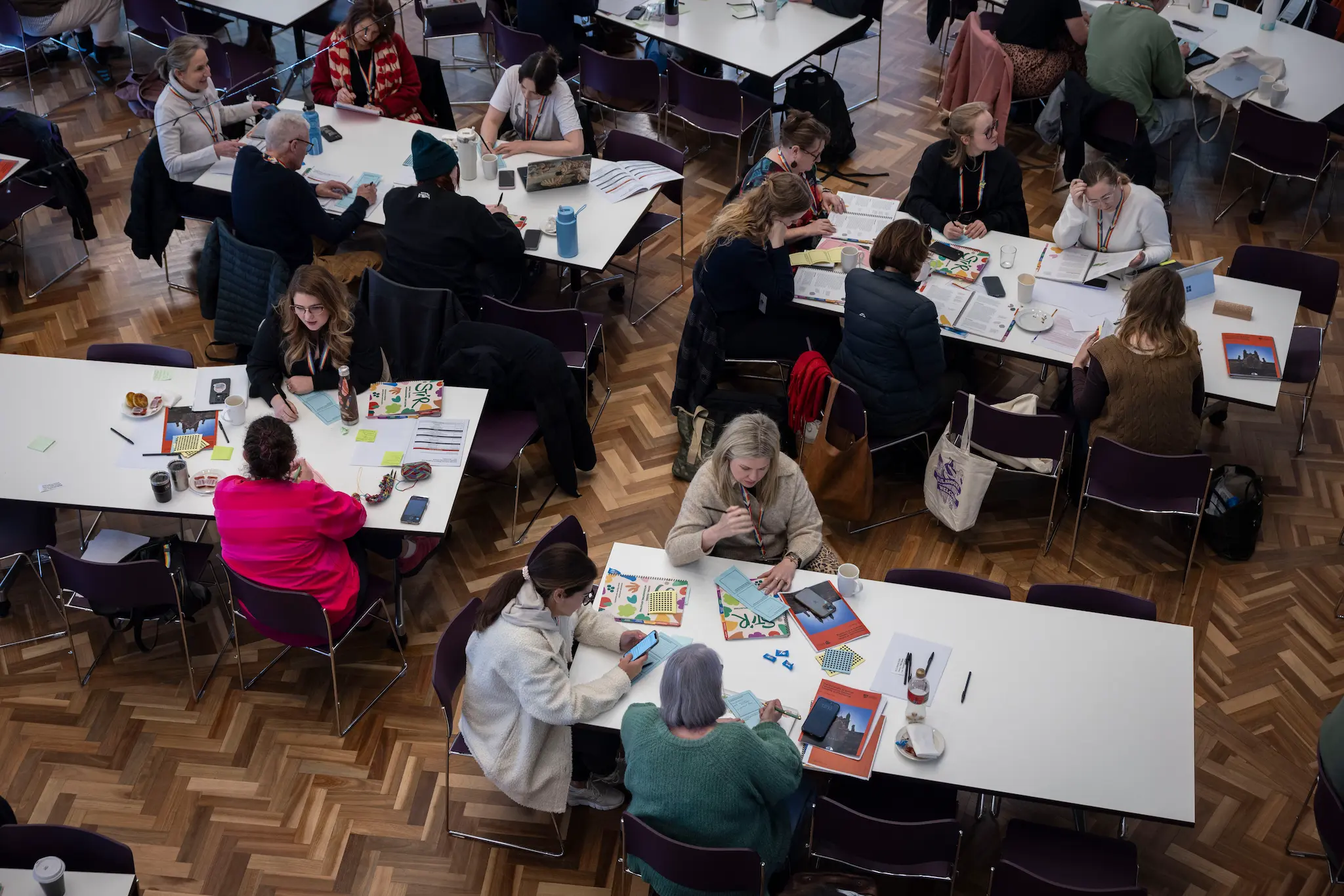There is an increasing need to understand, perceive, and capture complex sociological data. Experienced researchers would be familiar with the difficulty of spatially cross-referencing data. Yet, existing geostatistical techniques are still inaccessible to those with limited technical means. This research poses the question, “How might we lower the barrier to access for using and understanding multidimensional urban datasets?”
This research project is at the forefront of boundaries between Australia’s many diversity indicators, including demographics, migration patterns, social and financial diversity, urban liveability, and housing affordability. We have already developed a working prototype that enables users to visually analyse multidimensional data on urban socio-cultural diversity and explore data intersections across four global metropolitan areas including Sydney and Melbourne. Basic filters are available, and a small number of datasets on urban diversity at small areal geographical units.
This project proposal intends to develop this web-based prototype into an open-source, user-friendly mapping tool for social scientists, policy makers, community leaders, and other stakeholders with limited technical means. The tool complements the existing AURIN Data Provider as it will have the capability to cross-reference variables from different datasets, transform them into comparable geospatial areal units, and visualise them using intuitive two-dimension colour maps, histograms, and indices. The tool will also allow user-supplied datasets to be compared and combined with existing public datasets.
The current prototype is an extension of a previously funded project from the Max Planck Institute. The project is funded by a small seed grant from the Monash Data Futures Institute with which the project team is undertaking preliminary useability testing, and expanding the tool’s geospatial data clustering capabilities using areal wombling. This project proposes to leverage prior and current funding into this grant proposal to deliver an open-source mapping tool to cross-reference urban diversity, liveability, and housing affordability along with user-supplied datasets.
Project led by Professor Alan Gamlen, co-investigated by Dr Xavier Ho, Dr Sarah Goodwin.







